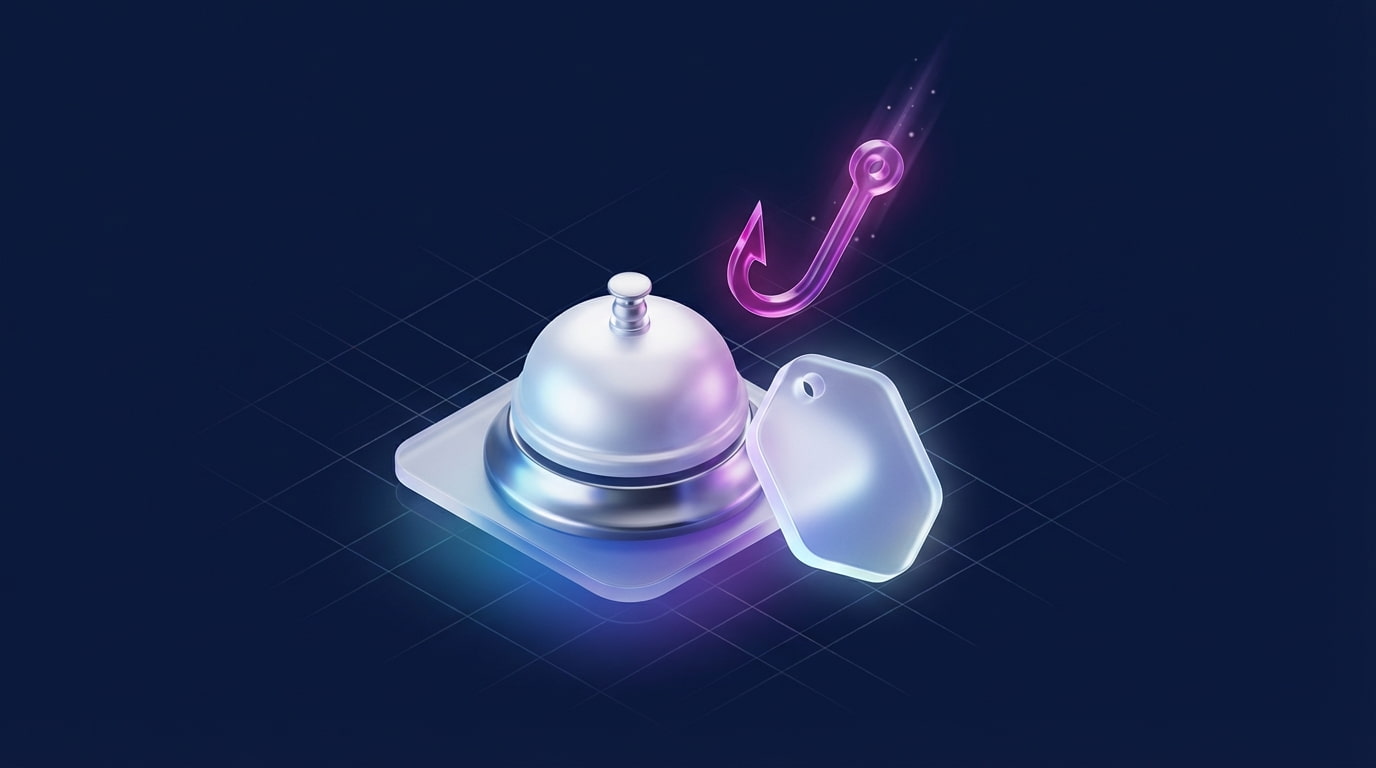From Heartbreak to Resilience: Naomi’s Narrow Losses
Sometimes fantasy football is cruel. Naomi Buckwalter knows this better than anyone right now. For the second week in a row, she’s lost by less than a single point. Two points total—the width of a goalpost—stand between Naomi being 1-2 and a hard-luck struggler, or 3-0 and sitting undefeated alongside the league’s only perfect record-holder, Dustin Sachs.
Last week’s matchup against Nicole Darden-Ford was a case study in resilience. Naomi entered Monday night way behind—but she had two aces left to play: Lamar Jackson, an MVP in both fantasy and reality, and his opponent’s running back, David Montgomery. Montgomery exploded for 29.4 points, more than doubling his projection of 12.8. Jackson added a late-game touchdown to bring Naomi right to the brink of an improbable comeback. But fantasy football can be merciless. She came up a fraction short.
Meanwhile, Nicole notched her first win of the season led by her Minnesota defense's incredible 32 point outburst, while enduring a no-show from her first round pick, Malik Nabers, and yet another dud from the rising-yesterday-but-falling-today star, Brian Thomas Jr. That’s fantasy football: unpredictable, brutal, and somehow still fun.
In security, you can do everything right — patch on time, implement multi-factor authentication, train employees, monitor alerts — and sometimes, luck (or timing) still swings against you. Just like Naomi, you can put yourself in the best position to win, and still lose a round. But resilience isn’t about one result. It’s about stacking smart decisions and adaptive moves so that, over time, the odds shift in your favor. Nicole’s win shows that you can prevail if you stick with what you know to be sound processes and personnel long enough for it all to come together.
So the lesson is:
“Cybersecurity resilience is about process over outcome. A single incident doesn’t define you; your ability to prepare, adapt, and stay in the game does.”
What Leadership Really Means: Lessons from Shawn Bowen
If resilience is what keeps you in the game, leadership is what elevates everyone around you. In a conversation with rookie sensation Dustin Sachs—who, fittingly, is the league’s only undefeated manager—we explored what separates great leaders from the rest.
For Dustin, that conversation always comes back to Shawn Bowen. Shawn wasn’t just a respected security leader; he was the kind of mentor who made everyone better. His philosophy was simple but profound: prepare people so thoroughly that when they succeed, others will say, “That person learned from Shawn Bowen.”
Shawn taught Dustin to embrace growth, even if it meant moving on. He pushed him toward bigger challenges, recognizing potential Dustin hadn’t yet seen in himself. He was the rare kind of leader who combined direct honesty with genuine care—the kind of person who could make you laugh with a dad joke one minute, challenge your thinking the next, and then encourage you to reach higher than you thought possible.
As Dustin put it, Shawn was both the leader you admired and the friend you wanted to grab a beer with. And that balance—of authority and approachability, of demanding excellence while lifting people up—is what makes leadership enduring.
That spirit carries into the Phish Bowl league today. Dustin says he feels like he’s filling Shawn’s seat, and he’s honored to trade banter and strategy with so many leaders he admires. For him, and for all of us, the league is more than fantasy football. It’s a living tribute to resilience, camaraderie, and leadership—the same qualities that drive us in cybersecurity.
Q&A: Dustin Sachs on Leadership, Shawn Bowen, and the Phish Bowl
Eliot Baker: Dustin, first off—welcome to the Phish Bowl. As the league’s rookie, what’s it been like to jump right in?
Dustin Sachs: Honestly, it’s been amazing. When I saw the list of people in this league—Dutch, Jerich, Gary, Stephanie, Nicole—I finally understood why Shawn used to talk so much trash. He never told me who was in, just that they were names I’d know. Now that I’m here, it makes total sense. These are leaders I respect, and being part of this group is a real honor.
Eliot: You’ve come out swinging. You're the last undefeated manager at 3-0 after Dutch knocked off Ryan. How does it feel?
Dustin: It feels great, especially after being ranked 12th in the preseason power rankings. I’ve beaten some tough opponents already—Gary in Week 1 was a big moral victory. There’s been plenty of trash talk behind the scenes, and I know once I get to 4-0 everyone will be gunning for me. But that’s part of the fun.
Eliot: You’ve mentioned Shawn Bowen a lot in our conversations. What made him stand out as a leader?
Dustin: Shawn had this philosophy: he wanted people to be so prepared that they would succeed when they reached their next level, and when that happened, others would say, “That person learned from Shawn Bowen.” He didn’t measure success by keeping you under his wing—he measured it by how far he could launch you. That’s rare.
Eliot: That’s powerful. Can you share an example of how he pushed you?
Dustin: Sure. Shawn once told me directly, “Your next role probably won’t be here—and that’s okay. You’re capable of more than you realize. My job is to make you as good as I can before you move on.” That gave me confidence I didn’t even know I needed.
Eliot: How did that influence your own approach to leadership?
Dustin: It made me realize leadership isn’t about hoarding talent. It’s about preparing people for bigger things and helping them grow, even if that means losing them. Great leaders measure success by how many other leaders they’ve created. That’s something Shawn modeled every day.
Eliot Baker: You know, Dustin, what you just said about Shawn reminds me of something I’ve thought a lot about: the difference between managers and leaders. Managers are great at producing results and reporting them up the chain. But leaders measure success differently. They ask: How many people have I inspired? How many have I helped reach their next level?
Dustin: That’s what separates a great leader like Shawn. He wasn’t focused on showing short-term metrics—he was focused on building people. And when you elevate people, the results follow naturally.
Eliot: You’ve also described him as both a great leader and someone you’d grab a beer with. How did he balance those roles?
Dustin: He was direct and sometimes gruff—he even joked he was the “nicest asshole you’d ever meet.” But he cared deeply, and he had this hilarious side. We’d trade dad jokes constantly. He could make you laugh one minute and challenge you the next. That balance made him special.
Eliot: What sticks with you most personally about him?
Dustin: He saw things in me that I didn’t see in myself until much later. That kind of belief from a leader is life-changing. And even after I left, I could always reach out to him—whether it was about work or even something like buying my first Tesla. He was always there.
Eliot: How has carrying Shawn’s legacy shaped your experience in the Phish Bowl?
Dustin: I honestly feel like I’m sitting in Shawn’s chair. He set such a strong standard of competing hard and talking trash with a smile. I try to live up to that spirit every week—whether it’s against Christina, Gary, or whoever. He wouldn’t have wanted me to go easy on anyone.
Eliot: What leadership lesson from Shawn do you think applies most to cybersecurity today?
Dustin: Resilience and honesty. He showed that people thrive when you trust them with the truth and challenge them to rise to it. In cybersecurity, the threats never stop, so leaders need to build teams who believe in themselves and can adapt. That’s exactly what Shawn embodied.
Eliot: Finally, what does being in the Phish Bowl mean to you, beyond the game?
Dustin: It’s about community. I lost a mentor, but I gained a group of peers who carry forward his spirit. Competing here, sharing laughs, and learning from one another—it’s a living tribute to Shawn. And I know he’d love nothing more than to see us leading, competing, and having fun doing it.
SIGN UP FOR THE OCTOBER 1 WEBINAR WITH DUSTIN SACHS: CYBER BEHAVIOR MONTH!

Join Eliot Baker and Dr. Dustin Sachs on October 1st as we kick off International Cybersecurity Awareness Month with a powerful idea: cybersecurity is about humans. And that means it’s behavioral. Sign up to watch the live show or receive the on-demand recording as soon as it's ready.
Who better to explore behavioral cybersecurity than Dr. Dustin Sachs, author of the new book, Behavioral Insights in Cybersecurity.
✅ What You’ll Learn:
- The cognitive science of cyber psychology
- Why cognitive bias and “noise” undermine cybersecurity decision-making
- How to apply decision hygiene to reduce risk and improve consistency
- What the latest behavioral research means for your October campaigns
- How to turn awareness programs into behavior-shaping experiences
- Real-world tips for security leaders to communicate more clearly, design more effectively, and drive lasting change
Bio
DR. DUSTIN SACHS, Chief Technologist & Cyber-Risk Behavioral Scientist, Cyber Risk Collaborative
With a unique blend of technical expertise and a deep understanding of human behavior, Dr. Sachs integrates these fields to help organizations build more resilient cybersecurity strategies. Dr. Sachs is a thought leader at the intersection of cybersecurity and behavioral science. With over two decades of experience securing critical infrastructure and advising global enterprises, he brings a unique blend of technical expertise and psychological insight to modern digital security challenges. He empowers cybersecurity professionals through innovative, human-centric strategies that drive resilience and transform organizational security cultures.
- Subscribe to All Things Human Risk to get a monthly round up of our latest content
- Request a demo for a customized walkthrough of Hoxhunt







